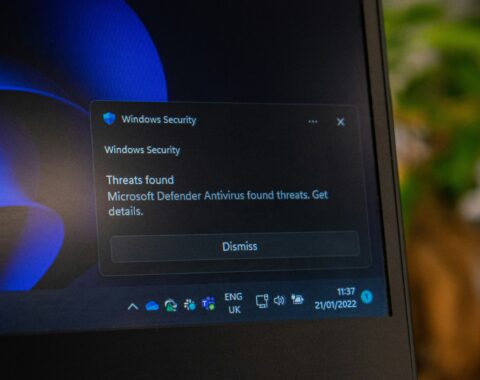By Kimberly Rux
Ethical hacking, also known as penetration testing or white-hat hacking, is a practice that involves authorized professionals testing the security measures of computer systems, networks, and applications to identify vulnerabilities and weaknesses. Unlike malicious hackers, ethical hackers use their skills and knowledge to uncover potential threats and suggest necessary improvements to enhance cybersecurity. The primary goal of ethical hacking is to ensure that systems are secure and protected from potential cyber-attacks.
One of the key uses of ethical hacking is to help organizations identify vulnerabilities and potential risks within their digital infrastructure. By simulating potential attacks, ethical hackers can pinpoint weaknesses in security measures that could be exploited by malicious actors. This proactive approach enables organizations to patch these vulnerabilities before they are compromised, thus preventing potential data breaches, financial losses, or reputational damage.
Ethical hacking is crucial in today’s digital landscape because it serves as a preemptive defense mechanism against cyber threats. As technology advances, so do the techniques and strategies employed by malicious hackers. Ethical hackers stay ahead of the curve by constantly updating their knowledge and skills to understand the latest attack methods and trends. This proactive stance helps organizations adapt and strengthen their defenses accordingly, ensuring a higher level of protection against evolving cyber threats.
Moreover, ethical hacking promotes a culture of accountability and responsible conduct within the cybersecurity community. By encouraging professionals to utilize their expertise for the greater good, ethical hacking helps establish ethical guidelines and industry standards. This fosters trust among stakeholders, including businesses, government entities, and individuals, knowing that there are professionals dedicated to identifying vulnerabilities and ensuring a safer digital environment.
Ethical hacking plays a critical role in fortifying our digital world. By utilizing ethical hackers’ skills and knowledge for the benefit of organizations and society at large, we can identify vulnerabilities, enhance security measures, and mitigate potential risks. In an era where cyber threats are constantly evolving, ethical hacking stands as a beacon of cybersecurity, promoting a safer and more secure technological landscape for everyone.




